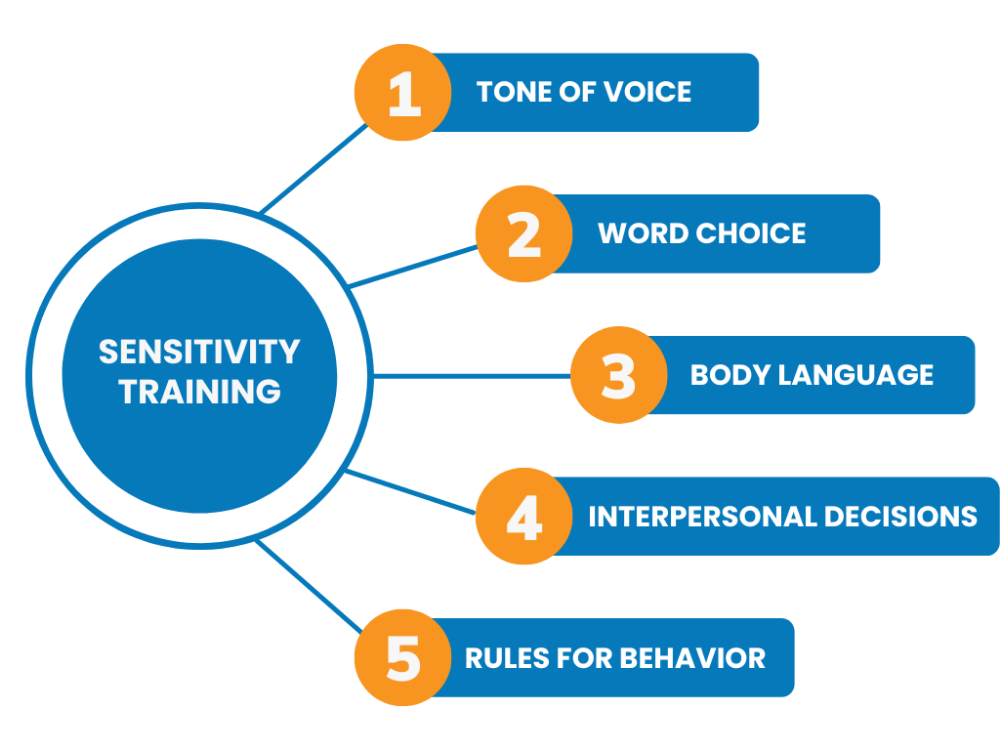
Like many other animal species, people are sentient beings wired to be attuned to nature. Unlike other beings, our sensitivity and consciousness gives us the ability to synthesize information to create.
Our species comes from deep agricultural roots stemming from centuries of tending to the land, being hunters and gatherers. Our evolution through that agrarian lifestyle helped cultures develop their senses, form language and systems of values and beliefs. Then the industrialized lifestyle replaced the old ways for progress and convenience. And now, after the explosion of globalization and the internet, we are all on the learning path of an interconnected world and unforeseen consequences of technological advancements.
With more people now living in cities than ever before, it's imperative for the human species to learn about the different cultures and perspectives that make up humanity. Adapting to a hypertech lifestyle can have an impact on our senses and in turn can make us indifferent. It's important that we consider the next phase of human evolution to come from the heart in the form of empathy and collaboration.
When people show empathy among each other and work together, differences that separate are cast aside for the betterment of something bigger than our individuality. Work can turn into mission driven outputs when we enhance our skills in emotional intelligence, sensitivity awareness, and cultural knowledge about the human race.
Sensitivity Training and Cultural Awareness
Cultural awareness is the collective term used to identify the customs, social behavior, and ideas of a particular people or society, which is created over time. It is essential for effective communication with people in our modern society. Sensitivity training involves understanding people's background and feelings, which differs from one individual or group to the next, and from our own.
An all-inclusive team succeeds because it encourages different perspectives, trust, innovation, and collaboration. This is particularly important in today’s global economy, where companies are forced to think outside their traditional markets and customers; and the workforce demands a more empathetic and collaborative workplace.
Diversity inclusion programs provide an environment that meets people's expectation of feeling like they can be themselves, voice their opinions, trust co-workers and collaborate on ideas. These conditions help humans adapt to change faster, cultivate equal opportunity, and protect a harassment-free human experience.

Why are Sensitivity Training Programs Important?
Sensitivity training is a powerful tool that can help people understand and overcome their biases, especially when it comes to race, color, gender, religion, sexual orientation, and other sensitive topics. Sensitivity training can help avoid microaggressions and other offensive behavior that can harm human relationships. A multicultural team is more successful because it encourages different perspectives, is mindful of bias, and cultivates a safe space for all types of people.
The human race is facing unprecedented challenges that will continue to rapidly change with the technological leaps and climate disasters forecasted. Sensitivity training provides an upgrade that helps remove biases and discrimination by ultimately understanding each other more meaningfully.
Sensitivity Training and Unconscious Bias
Unconscious bias is difficult to spot because it is ingrained, unintentional, and seen as normal behavior. Being aware of our unconscious bias develops our intelligence around cultural awareness by adding a layer of comprehension that we as people have towards others. The illusion of separateness that manifests in unconscious bias becomes present and we can see how to treat people based on our individual character and intelligence, and not based on years of societal conditioning.
When we are aware of unconscious bias we gain higher levels of cultural intelligence because we operate with the understanding of the cultural backgrounds of others. Sensitivity training is a way to train our brains to be more aware of our unconscious bias and integrate diversity and human-centered communication in our relationships.
Benefits of An Inclusive Workplace
An inclusive workplace encourages diversity and helps improve collaboration. When employees feel comfortable bringing their authentic selves to work every day, they’re more likely to have positive intentions, productive conversations, and make decisions faster. Employees from different backgrounds offer unique perspectives on how to tackle challenging problems and unexpected events.
When employees are more comfortable with themselves and others, they’re more likely to work towards a common goal. When people feel better about themselves and their work environment, they’re more likely to stay satisfied with their jobs. Moreover, they are more likely to recommend your company as an excellent place to work and seek employment because of its diversity. When employees feel included and like their voices are heard, they’re more likely to stay with your company.
People trust brands that embrace diversity inclusion.
Integrating Sensitivity in the Workplace
The level of sensitivity in a workplace will depend on the size of the organization and the environmental issues people face. Sensitivity training is one important part of creating an inclusive culture, but it’s not the only thing that matters.
While sensitivity training may be able to help employees understand their individual biases, it’s not going to change the fact that women are paid less than men for the same job or that black people are stopped by police officers at disproportionately high rates. Becoming more sensitive to the human need of feeling comfortable bringing our authentic selves to work every day can help people evolve as human citizens.
Online Sensitivity Training Courses and Compliance Training
Online sensitivity training can be delivered in a single online course, or included in a L&D curriculum, or as part of compliance training like annual sexual harassment training. If you only have time for one course, make sure to prioritize what makes your workforce more diverse and inclusive. Providing a diversity course paves the way to a sensitivity course. Gradual and ongoing learning helps everyone understand their role in creating a more inclusive environment.
Instructor-led Workshops for Sensitive Topics
Any good workshop starts with some icebreakers to get employees comfortable with each other. These exercises can help prime a group of people for a discussion about sensitive topics. Before diving into sensitive topics, make sure everyone understands the reason for the workshop. People are more likely to participate in the discussion once they know that the workshop is designed to help them become better colleagues.
Once everyone understands the purpose of the workshop, break employees into small, diverse groups. This will allow them to discuss their feelings in a private setting and find ways to work through their biases. After employees have had time to discuss their feelings, bring everyone back together for a final discussion. End the workshop with a reminder that everyone is part of the same team and a reminder of the benefits of a diverse workforce.
Diversity and Inclusion Workplace Imperative: Funding Your Diversity Training Program
A diversity program is a process that helps organizations foster a more inclusive culture by educating employees about cultural sensitivity as part of diversity and inclusion. The goal of diversity and inclusion training is to encourage more collaborative and productive discussions among employees. It can also help organizations comply with federal laws that require companies to include people regardless of gender, race, color, and disabilities as employees. Diversity training covers topics like the history of discrimination, stereotypes, and how to avoid discriminatory practices. Funding diversity training programs is an investment that will pay off dividends in the bright future ahead.
